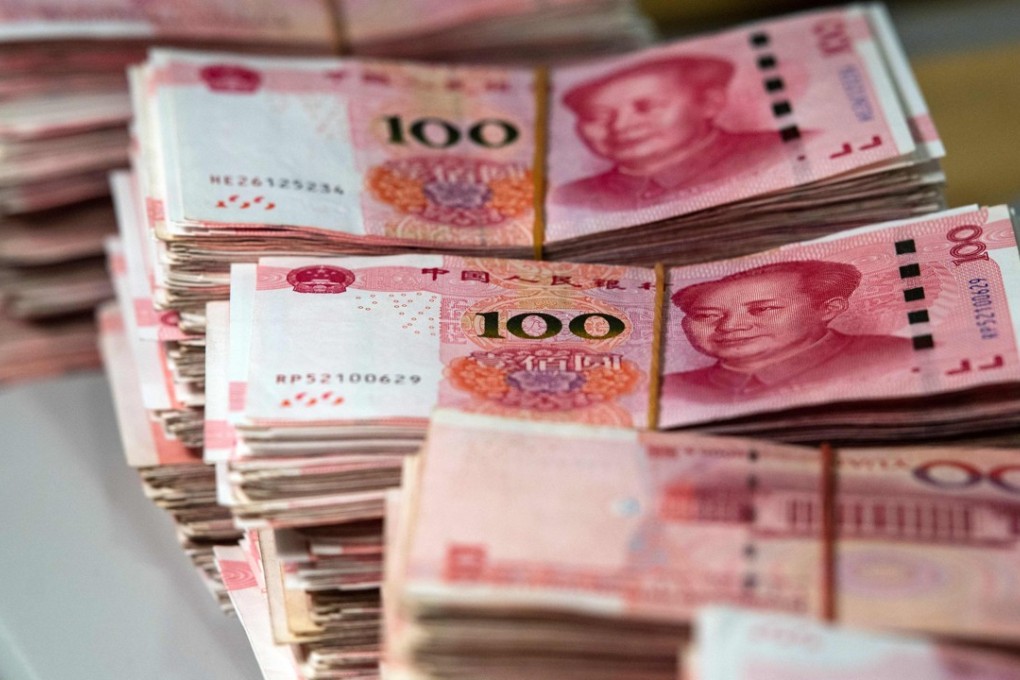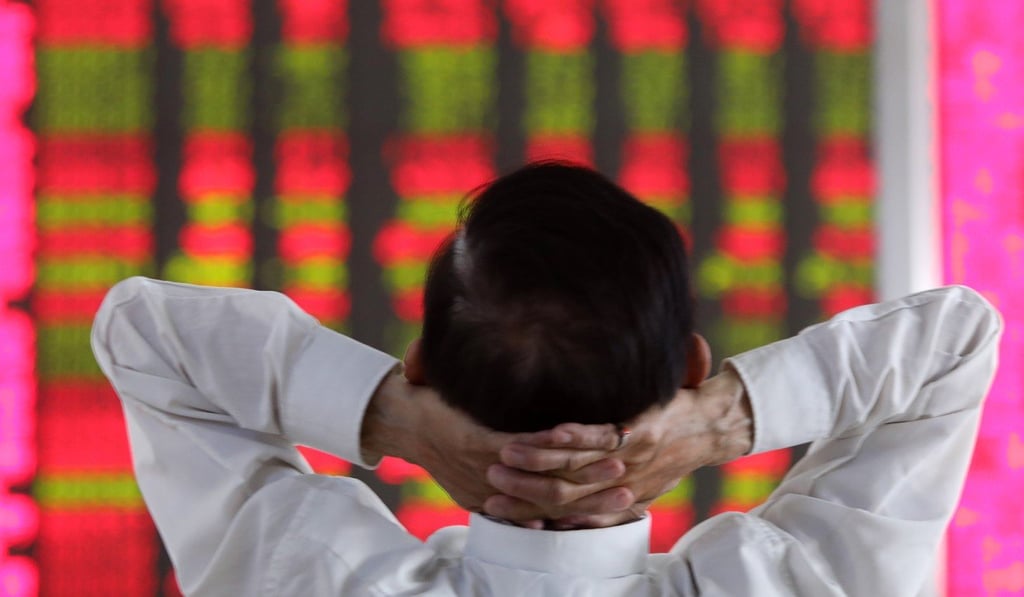Chinese households feel the squeeze from falling stocks in struggle to preserve wealth
A survey finds that many individual investors are shunning stocks in favour of bonds, cash or overseas assets

Chinese households are shunning stocks and mutual funds while increasing their holdings in bonds and foreign-currency assets as they look to lessen the risk to their wealth from volatile equity markets, a survey by China’s Bank of Communications showed.
The bimonthly survey of 1,827 Chinese households conducted by market research firm Nielsen for Bocom found that 27 per cent of respondents had plans to buy shares in August, compared to 39 per cent two months ago.
About 30 per cent meanwhile said they would increase investment in money market funds, which focus on bonds and interbank transactions, up 4 percentage points from two months ago. About 27 per cent said they would buy foreign assets, up 5 percentage points from the last survey.
The survey results show the difficulty facing China’s middle classes in finding ways to grow their savings as the country’s equity markets, traditionally the main investment option, slump. The benchmark Shanghai Composite Index has fallen 17.7 per cent from the end of 2017 and has lost 2.1 per cent this month alone.

Adding to the problems was the bust of the peer-to-peer (P2P) lending boom in China, after the government cracked down on platforms that were meant to be facilitators for people looking for finance but which were in many cases investment vehicles that promised huge returns that often turned out to be unrealistic.
In July more than 100 such platforms disappeared with investors’ money, after 65 in June and 10 in May, according to Wangdaizhijia, a provider of data on the online lending business.